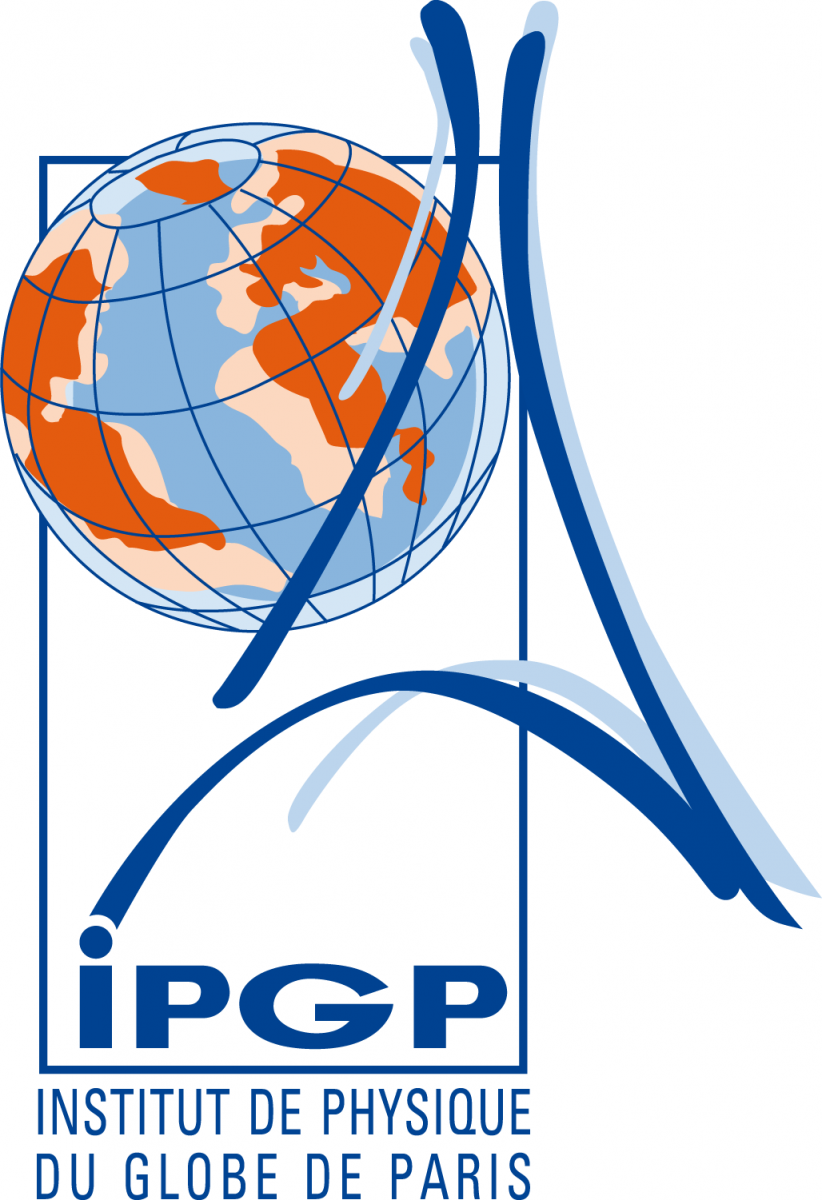An active source, 3-D seismic (refraction/wide angle reflection) experiment was completed at the ultra-slow spreading Southwest Indian Ridge during the 6th leg of the CHINA RIDGE cruise (DY115-21) on board R/V Dayang Yihao from January 31, 2010 to March 7, 2010, led by Dr. Jiabiao Li as the Chief Scientist and Dr. Y. John Chen and Dr. Jianyu Ni as the Co-PIs. We had deployed 40 Ocean Bottom Seismographs (OBS) within two 50-km by 50-km areas during this 36-days OBS cruise (Fig. 1). One study area is at the western end of the ridge segment at 50E, where an active hydrothermal vent field was discovered by Chinese scientists on R/V Dayang Yihao from various observations including the observations by the WHOI’s ABE vehicle in March 2007. The other study area is located at the center of this segment where the axial rift valley was replaced by an axial high (as shallow as 1700-m water depth), which is similar to the Lucky Strike segment at the North Mid-Atlantic Ridge. Among the 40 OBSs seventeen were provided by Institute de Physique du Globe de Paris (IPGP) as the first Sino-French collaboration on mid-ocean ridge studies, and also as a consequence of a MOU signed by InterRidge China and IPGP at Hangzhou China in October 2009. Three French OBS engineers Romuald Daniel, Alexander Blin, and Christopher Courrier from IPGP also were on board along with 32 scientists from 12 institutions of China.
An array of four air guns (1500 cubic inch each) was shot along total of 40 near east-west and north-south lines at an interval of 100-120 seconds with a ship speed of 4.5-4.9 knots. The total of 10,832 shots within the 13 days of air gun shooting should provide enough seismic source and path coverage for a 3-D tomographic inversion of these two study areas to a depth of 20 km.
We had successfully recovered 38 OBSs out of the 40 deployed. The weather has been very cooperative during the 20 days of the seismic experiment with a calm sea condition that is quite unusual at this latitude of the Indian Ocean. The most important scientific questions this 3-D active source seismic experiment will address are the crustal structure at this ridge segment with a strong focus on imaging a potential magma chamber in the crust, and looking for any slow velocity anomalies beneath the Moho, an indication of melt body in the uppermost mantle. Preliminary results are expected to be presented at the 2010 Fall AGU Meeting in San Francisco in December 2010.
This is the first Chinese OBS experiment at mid-ocean ridges and as matter fact, the large number of the OBS used makes it a large OBS experiment conducted at global mid-ocean ridges. This is also the first seismic experiment at the ultra-slow spreading Southwest Indian Ridge and therefore, the three-dimensional seismic structure of the ridge imaged by this experiment will add important information at the ultra-slow spreading end of the global mid-ocean ridges. Finally, this OBS cruise was organized by the Second Institute of Oceanography, SOA and funded by the China Ocean Mineral Resources R & D Association (COMRA), which is the organization responsible for organizing and conducting deep-sea resources research and development for China.
The second Institute of Oceanography (SIO), State Oceanic Administration of China (SOA), is a key institute of China deep ocean scientific expedition and research, which mainly engaged in the multi-discipline investigation and research of marine environment and resources on China marginal seas, oceans, and polar region. Peking University is one of the top universities in China, which leads the national research in many areas including the marine geophysics. The Institute de Physique du Globe de Paris (IPGP) is the largest institute of Earth Sciences in France and also one of the largest in Europe. The Institute conducts research and education in geology, geophysics, geochemistry and the environmental sciences.
Jiabiao Li1 and Y. John Chen2
1Second Institute of Oceanography, SOA, Hangzhou, China
2ITAG/SESS, Peking University, Beijing, China
For "Fig1 Cruise tracks and OBS deploying sites (white circles)" open attached file.
| Fichier attaché | Taille |
|---|---|
| OBS-report-cruise-tracks.png | 295.12 Ko |




